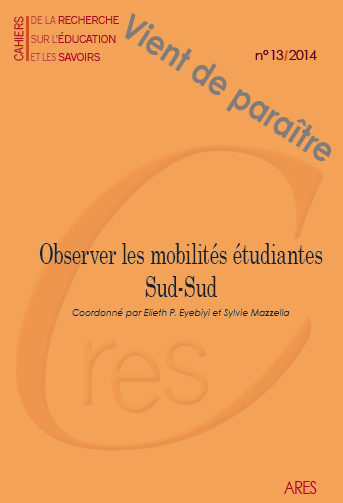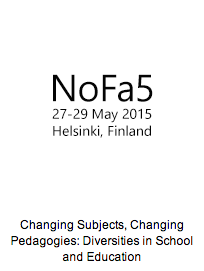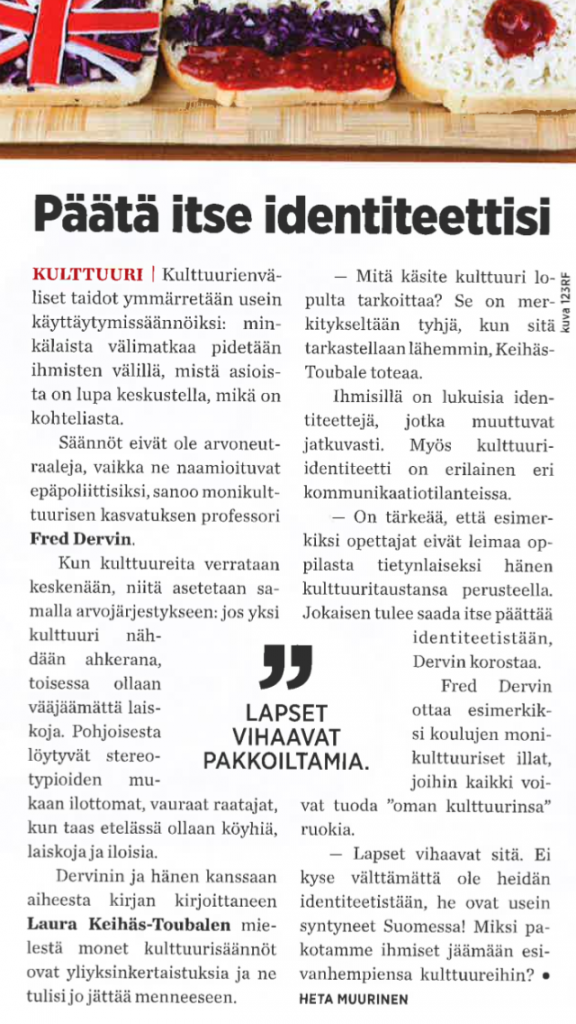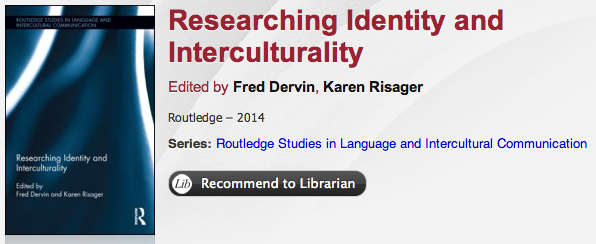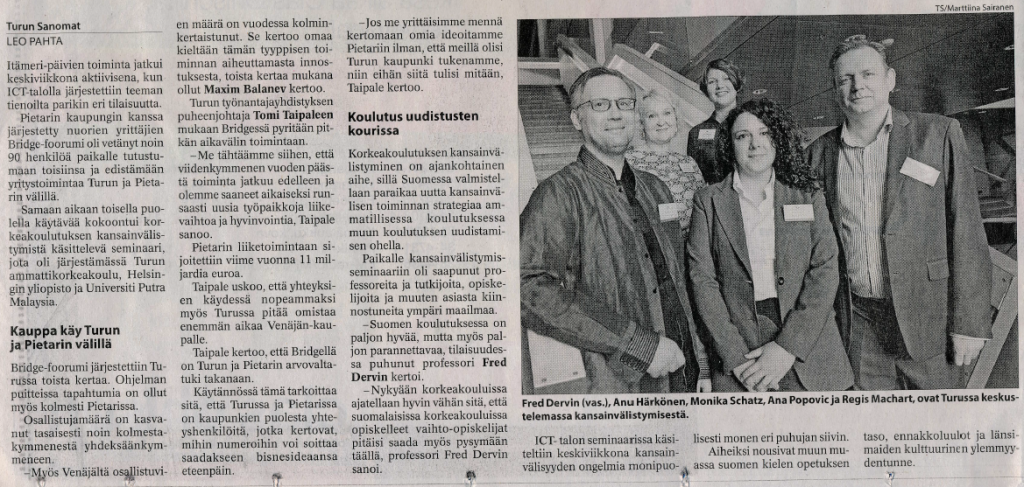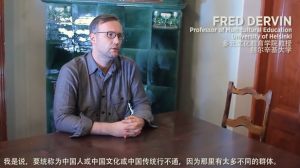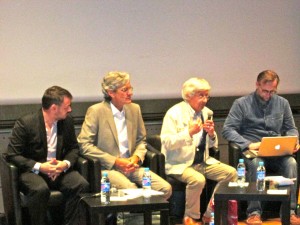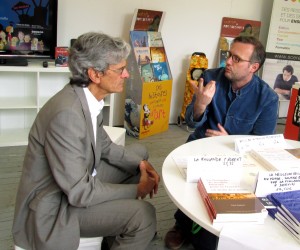‘Palgrave Studies on Chinese Education in a Global Perspective’.
Book series co-edited by Fred Dervin (University of Helsinki, Finland) and Xiangyun Du (University of Aalborg, Denmark).
The series editors are currently calling for book projects (manuscripts, edited volumes).
China’s extraordinary success story is often attributed to her education system, with science and technology being top priorities on the educational policy agenda. Devotion to education in China is also quite high.
The end of the 1970s saw the reshaping of Chinese education. The momentous policy of restoring university entrance examination and sending Chinese students to study abroad represented a historical step of the open reform in its educational system. The following 30 years observed a rapid rising of a country through education with its strategic enhancement of science and talents development models. Population of 9-year-compulsory education was achieved within 25 years, which took nearly a century in many developed countries. Special policies were enhanced for the improvement of rural education. Higher education arose from its ashes and developed from elite to mass education 10 years after the opening and reform (with more than 60% of high school graduates enrolled in colleges and universities by 2008). Vocational schools take the majority of the rest graduates (41 million in 2008) to train them with useful skills for the service industry. Market economy led to the fast development of private education, which was permitted to reopen and academic competition returned. In 2001 teacher education was improved and teacher qualification regulations were instituted. In some parts of China the nine years of compulsory education for all are now free. But the success story does not seem to apply to every corner of China, especially in rural areas: teachers’ salaries are still low, some classrooms badly equipped and old, equity and equality do not seem to reach everyone, etc.
Submit a proposal: https://www.academia.edu/6535385/Palgrave_Studies_on_Chinese_Education_in_a_Global_Perspective_-_edited_by_Xiangyun_Du_and_Fred_Dervin


